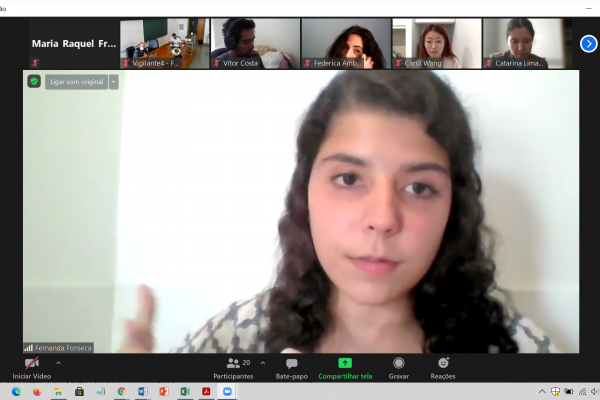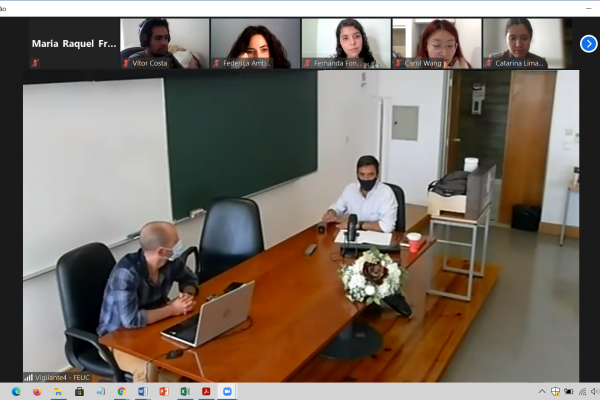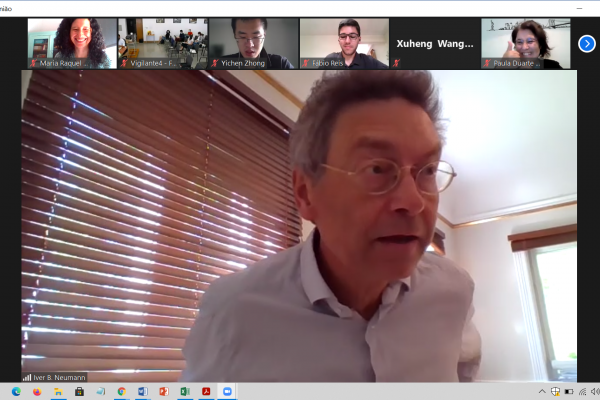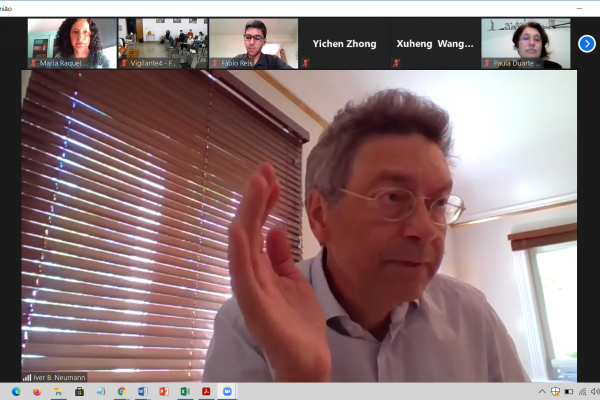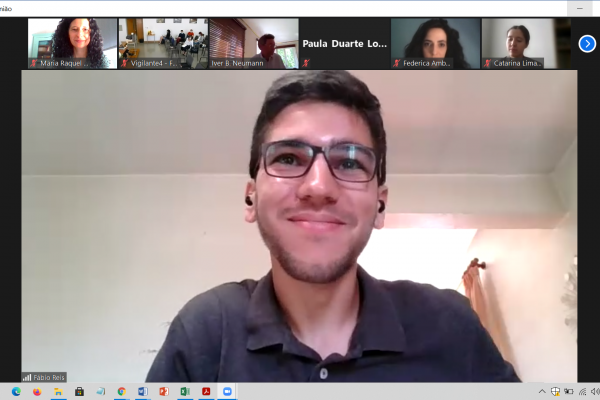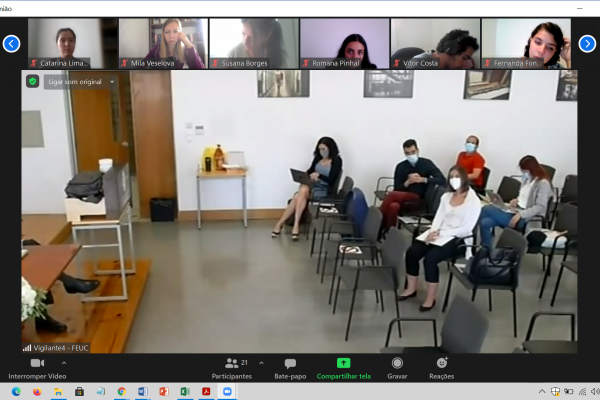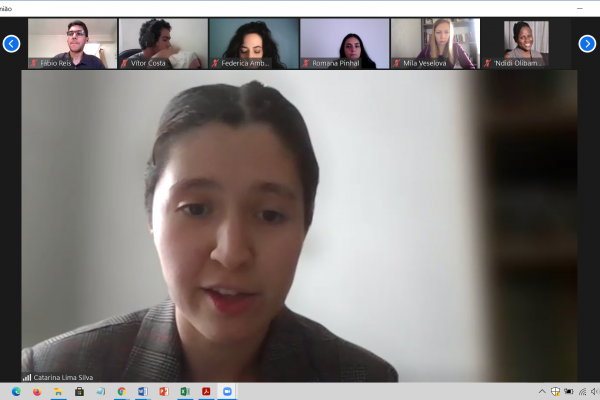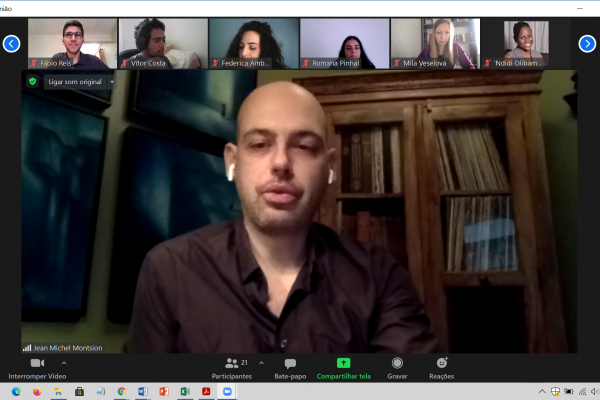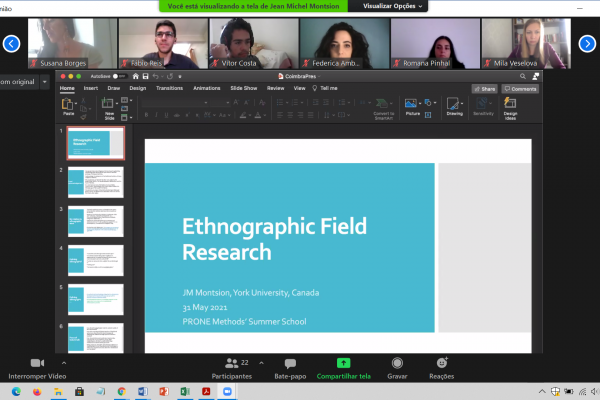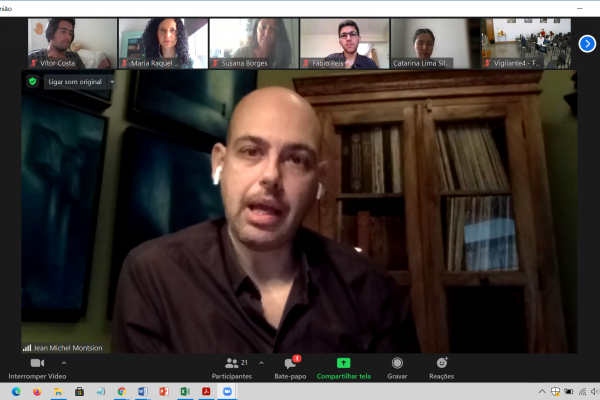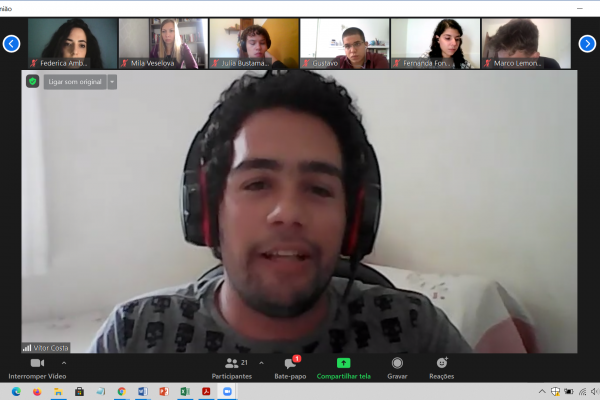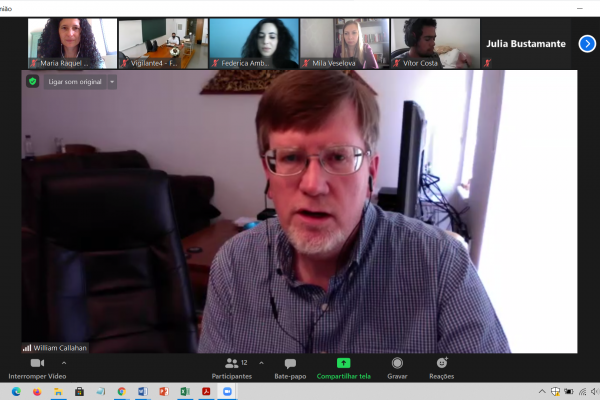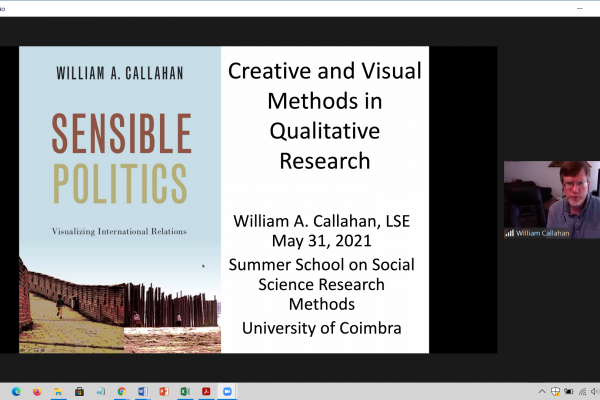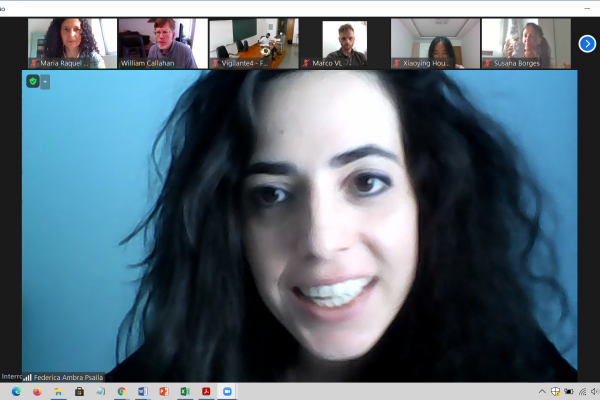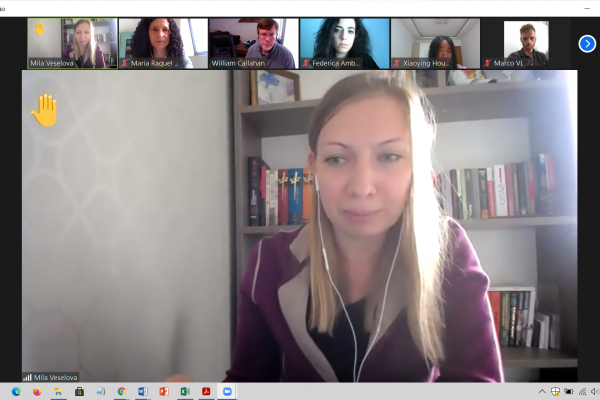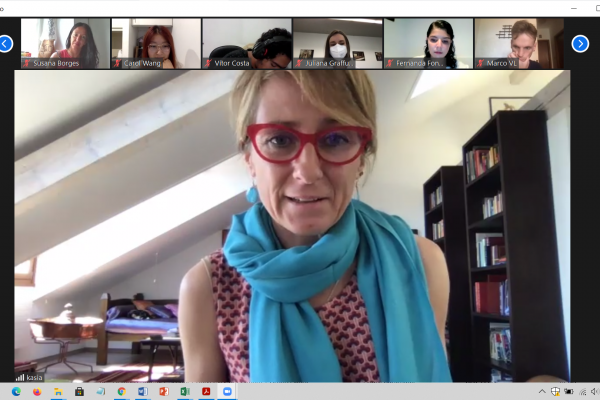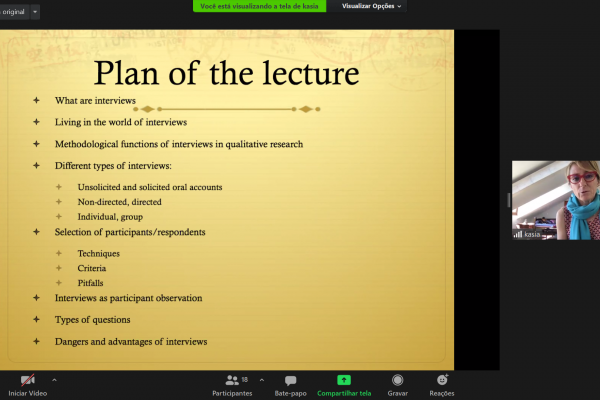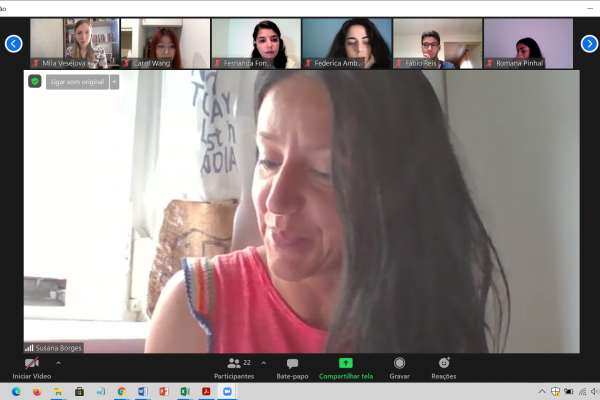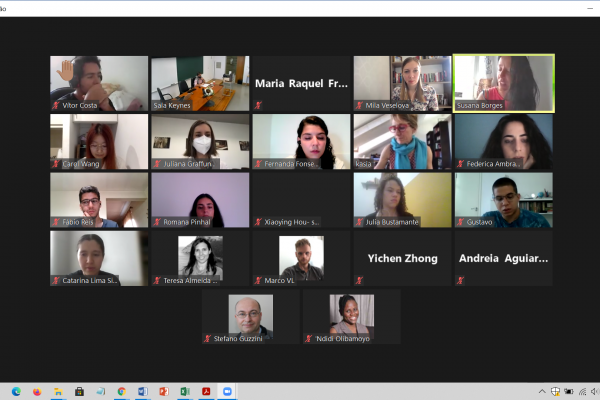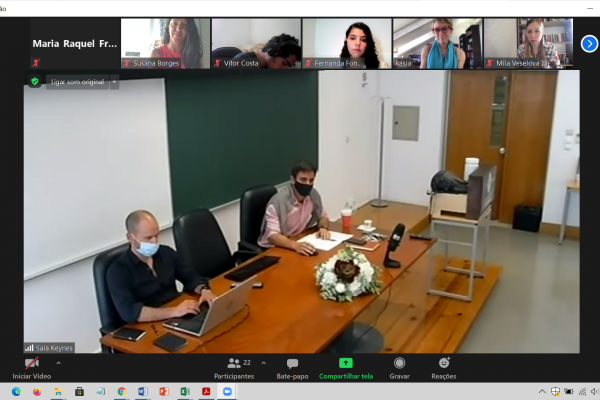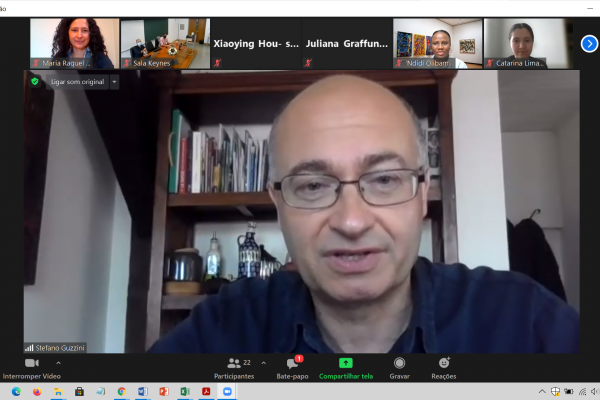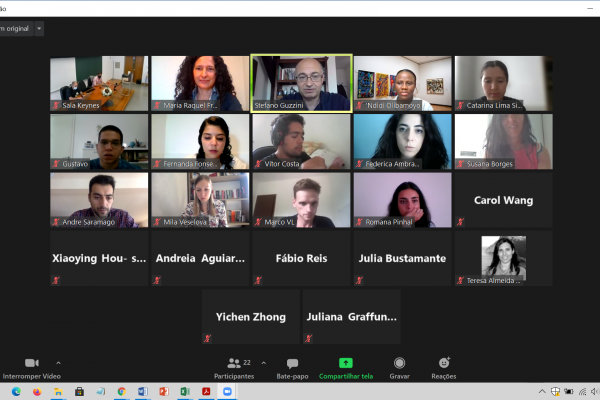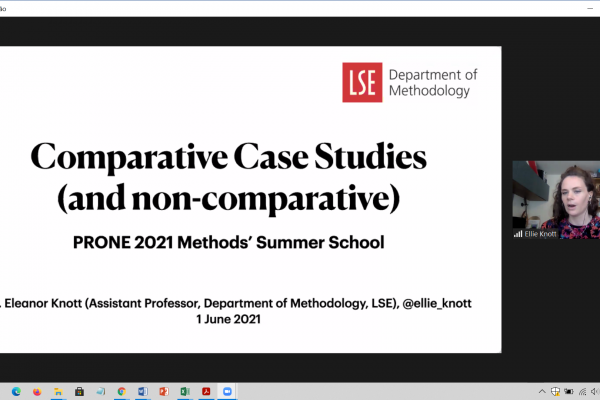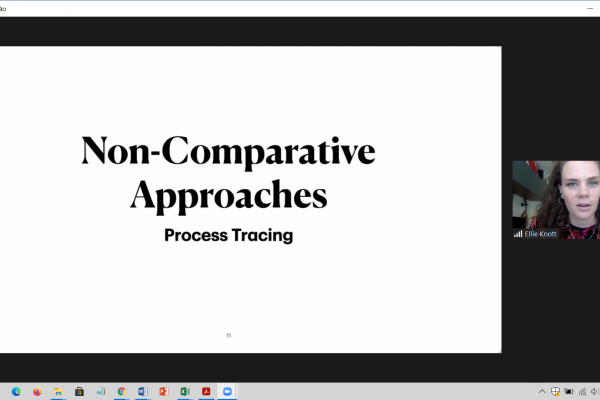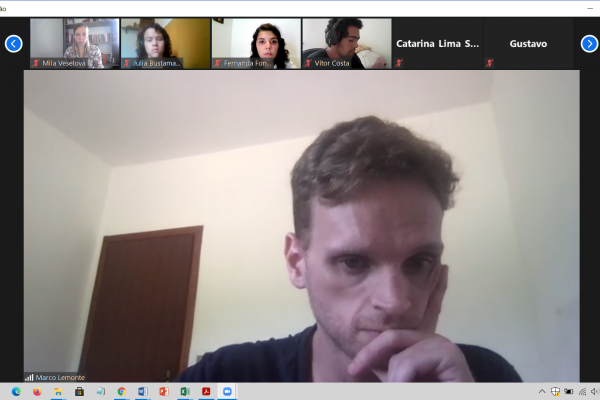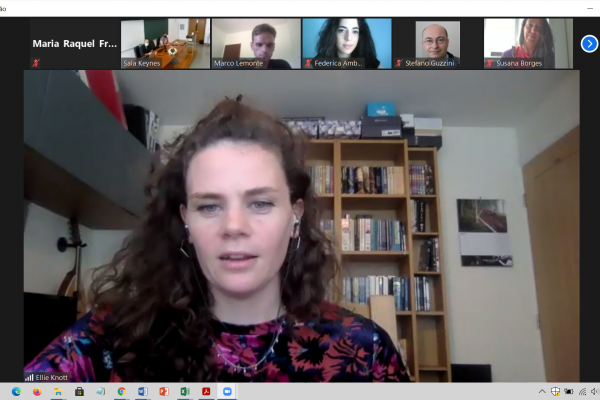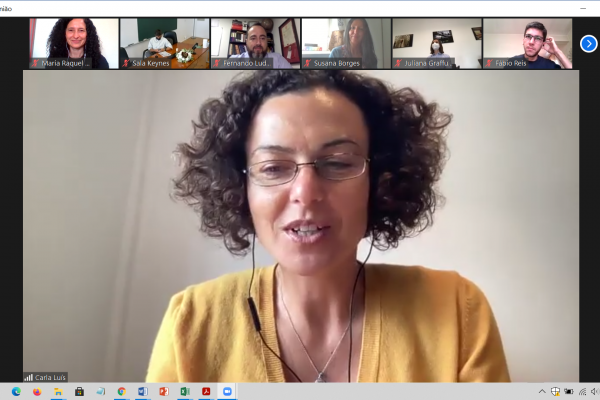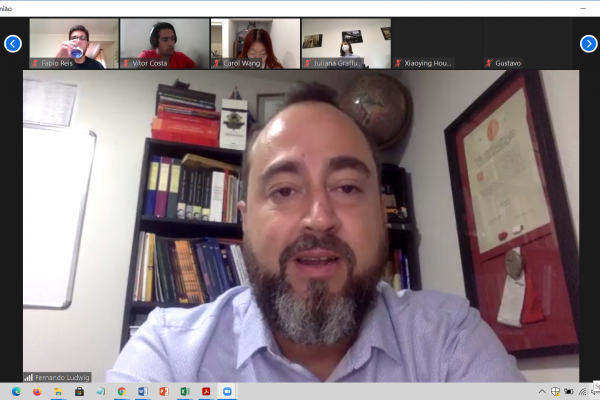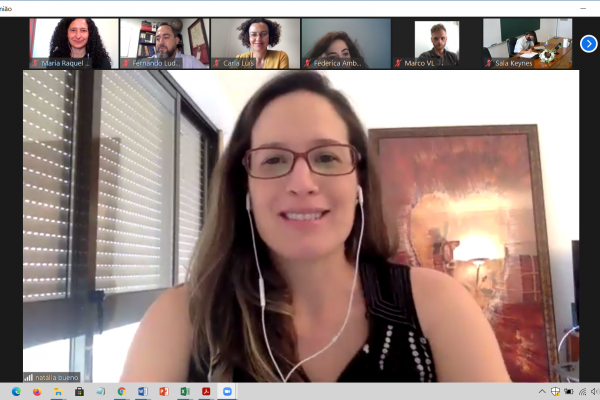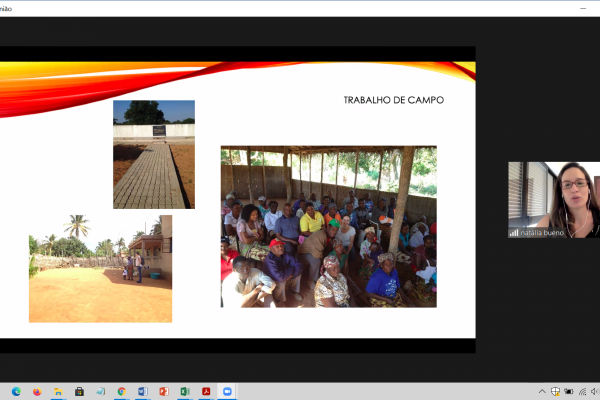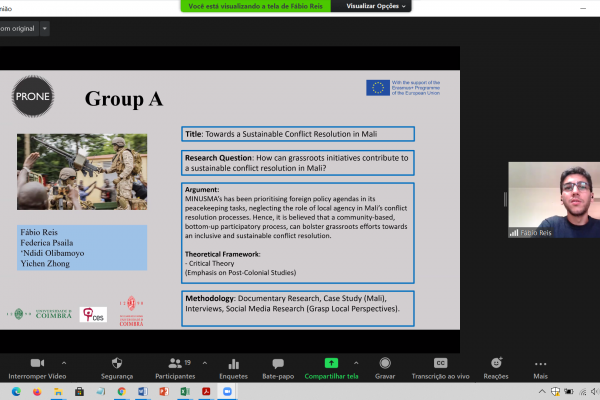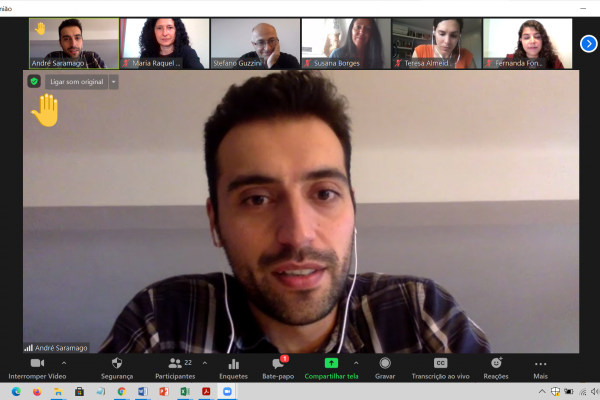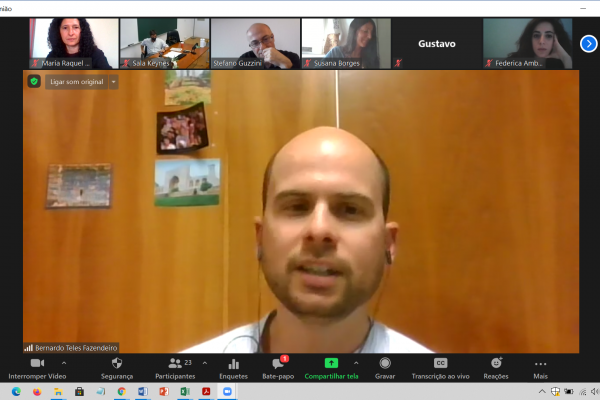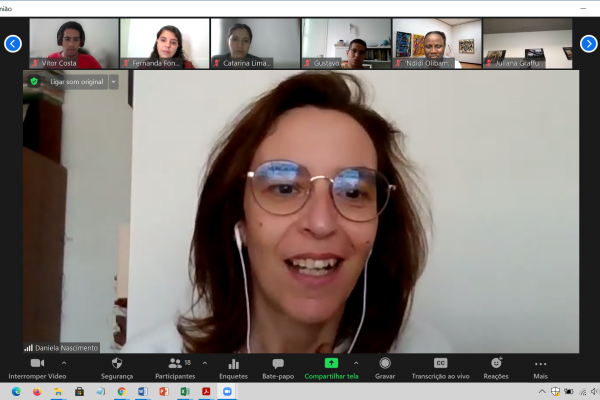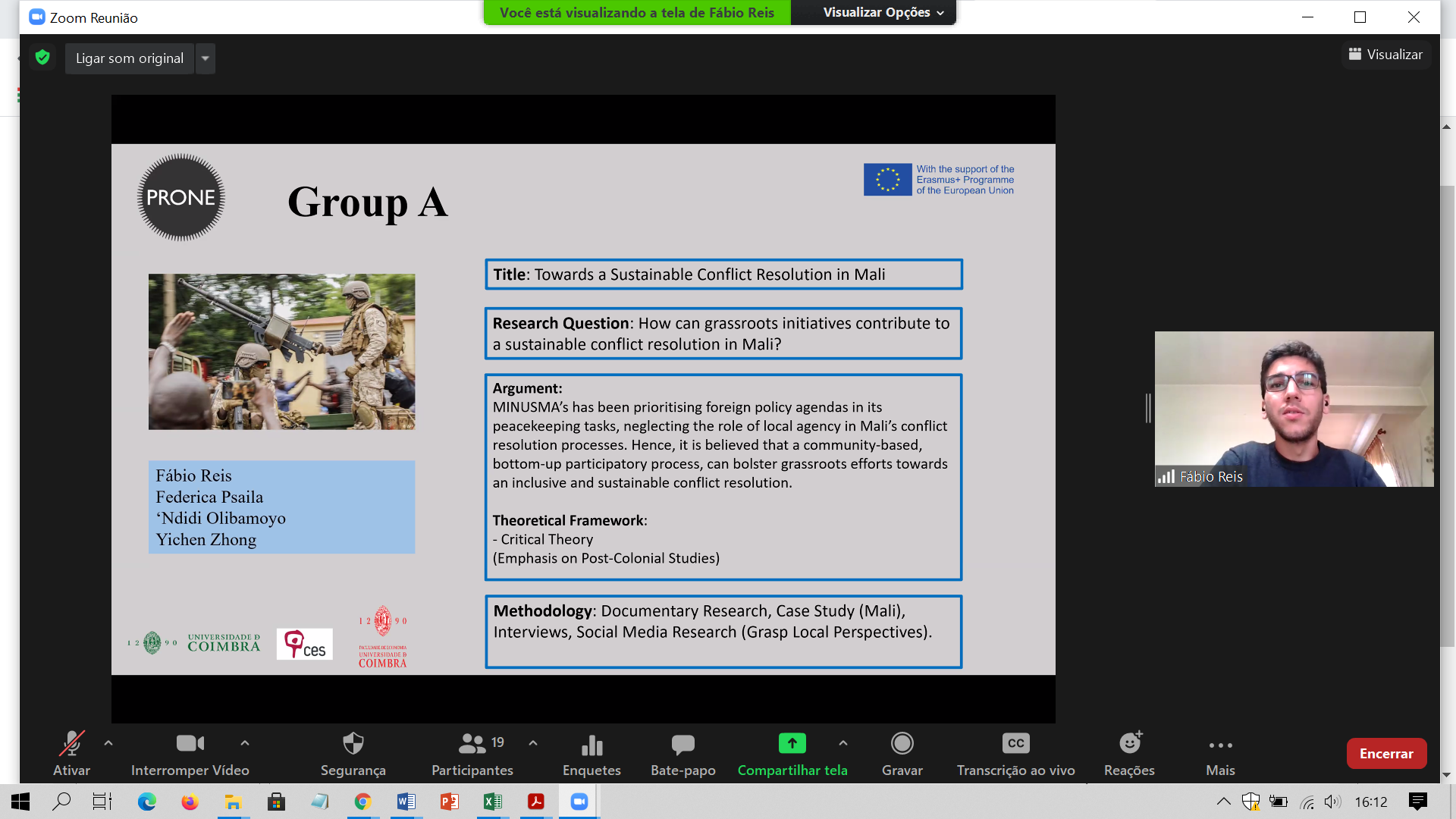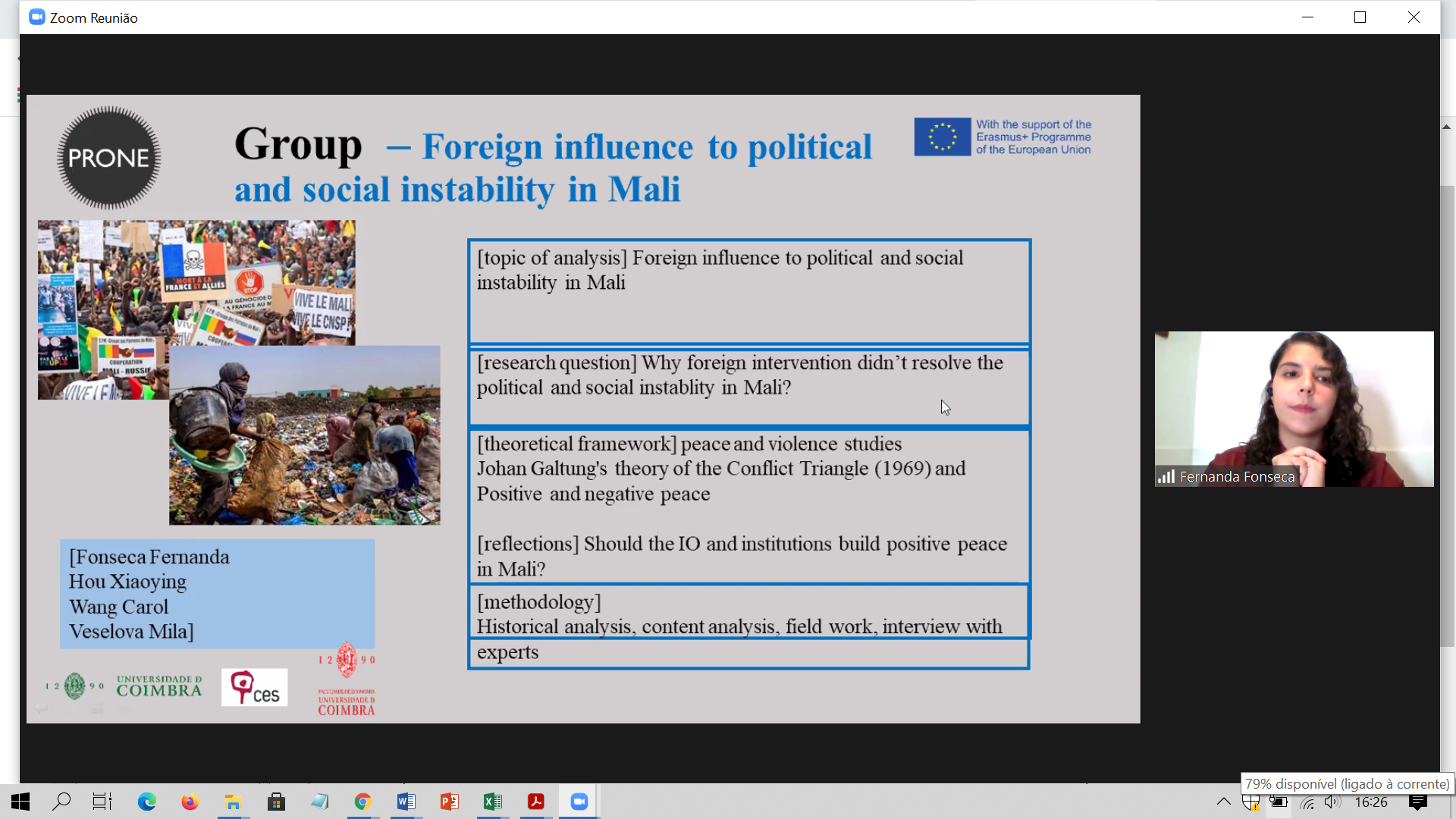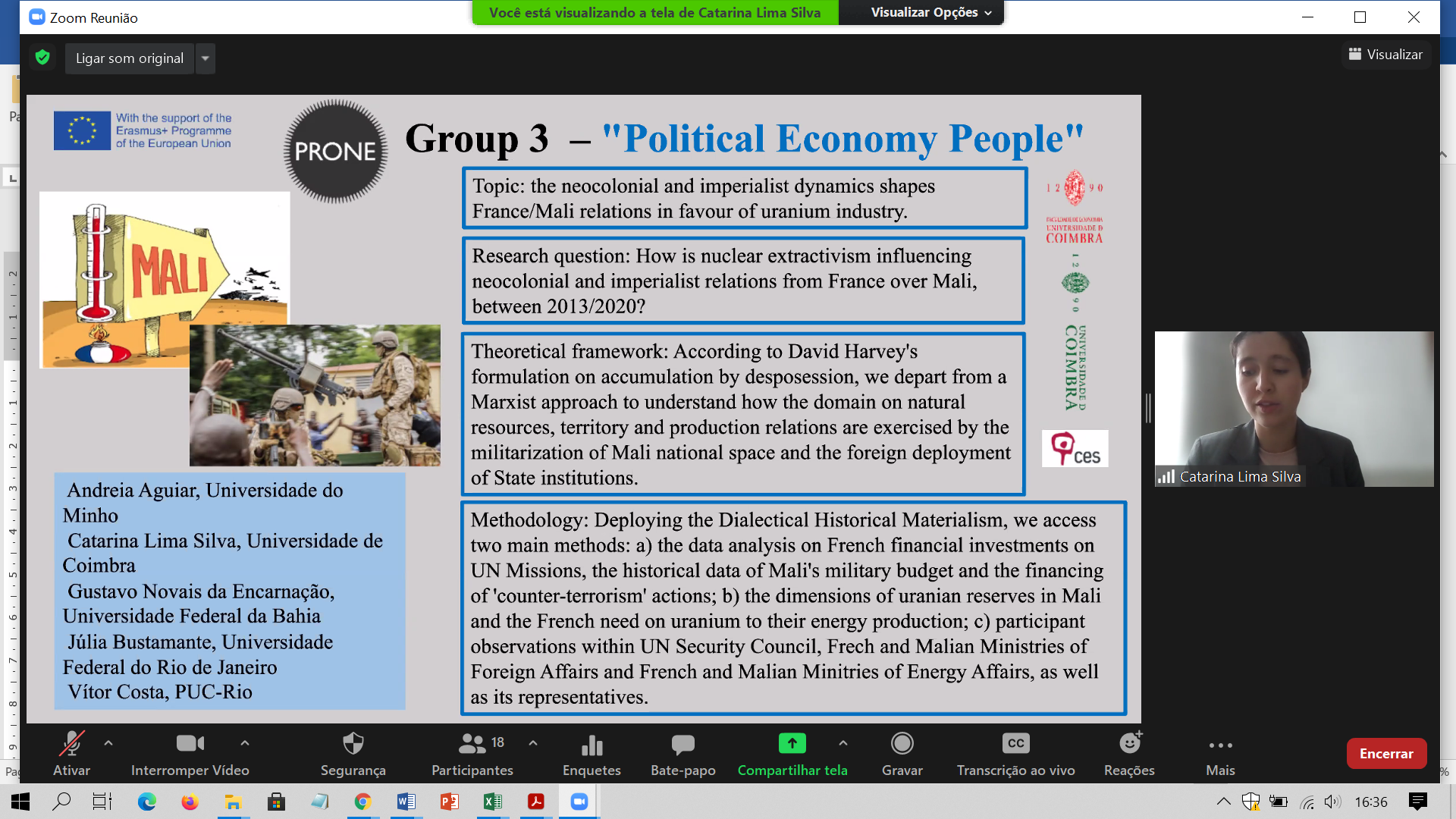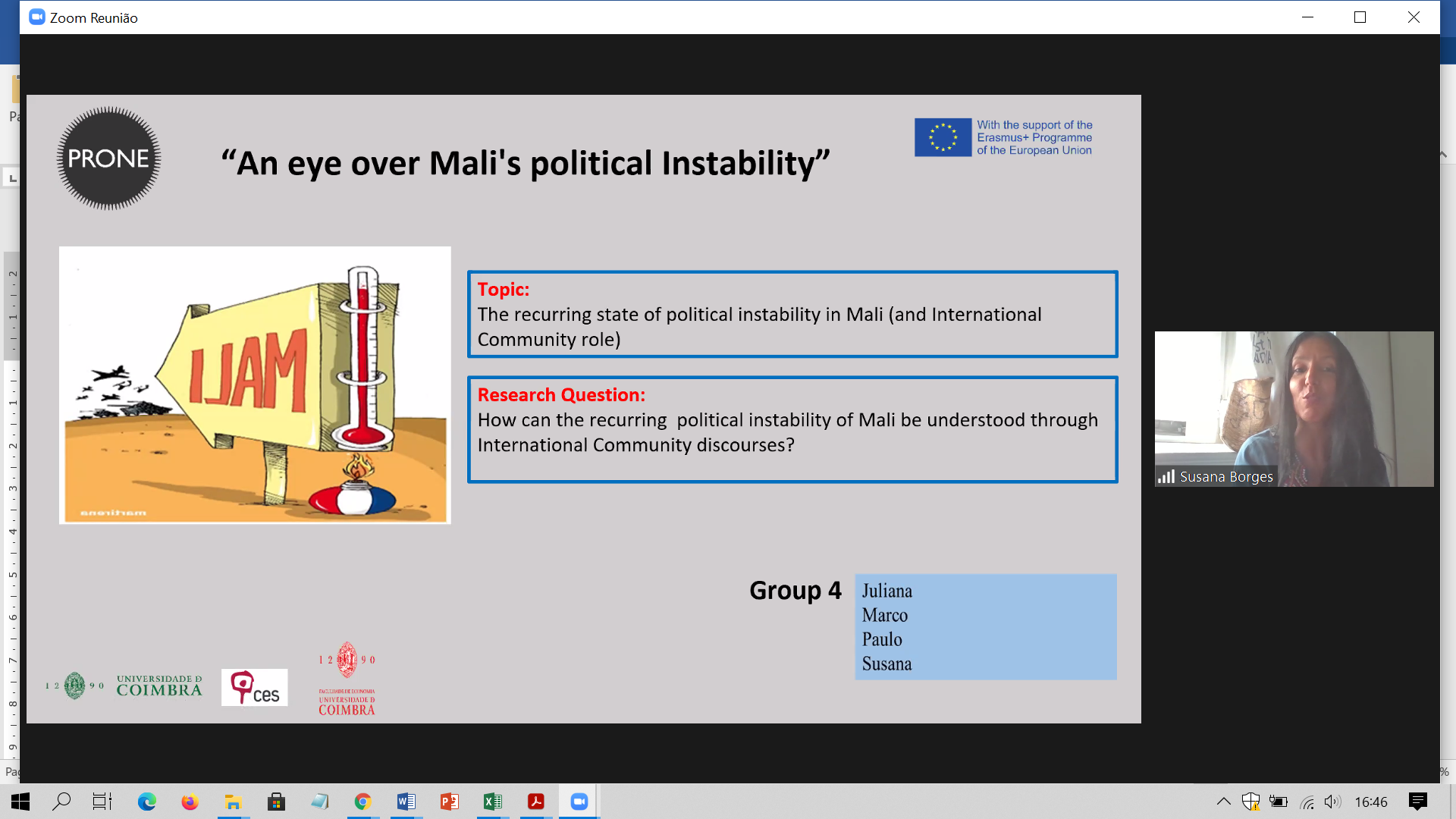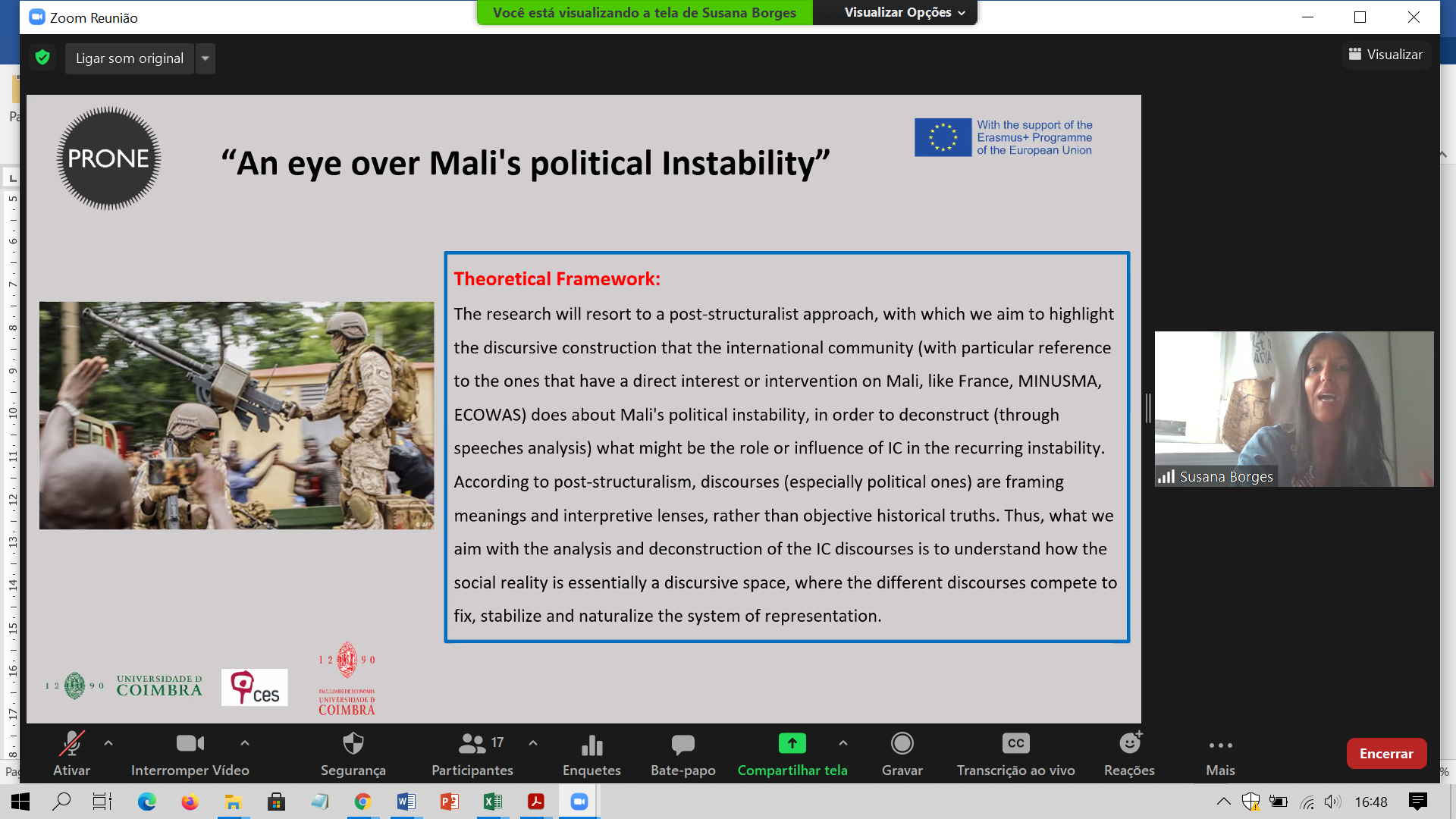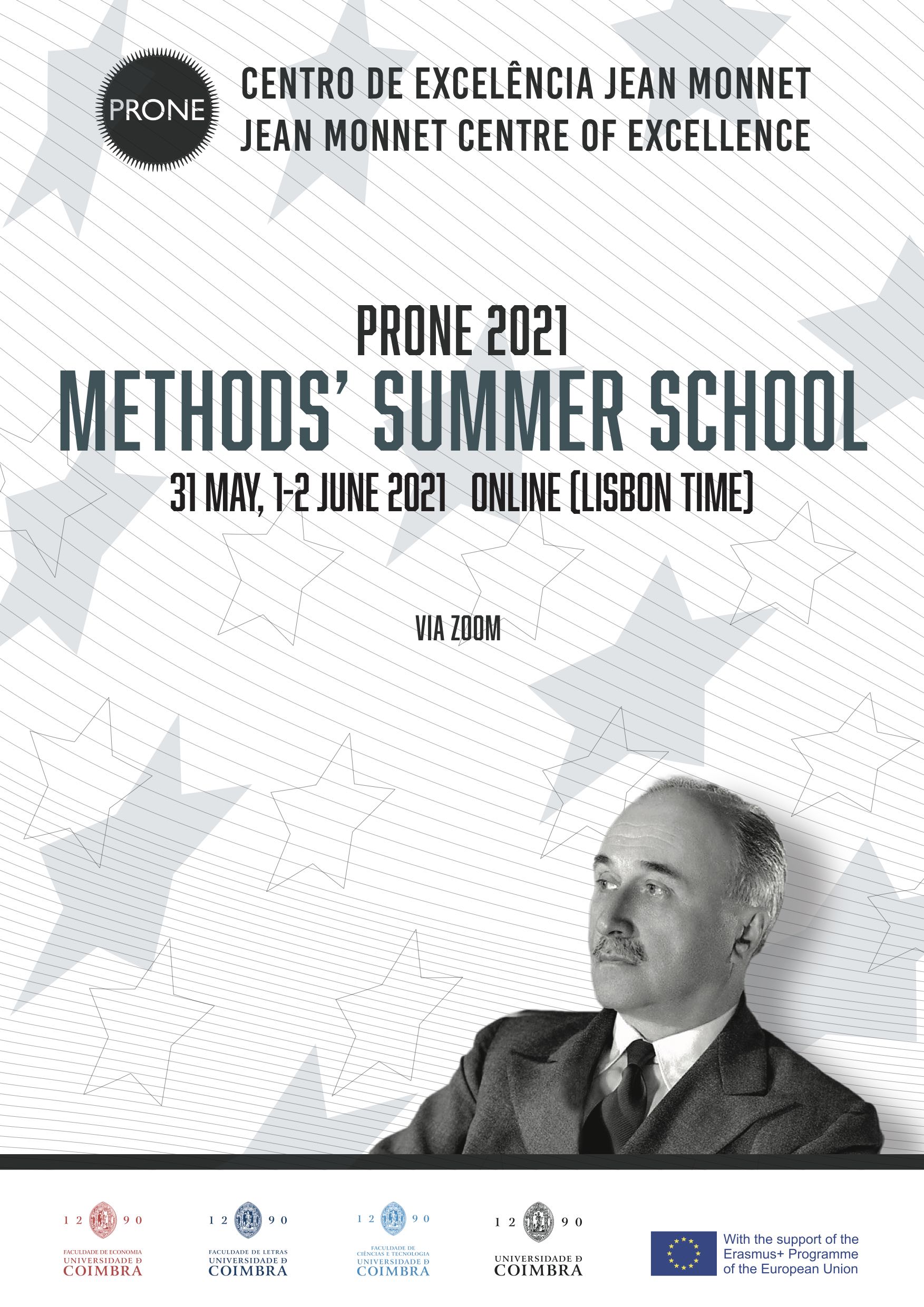A Escola de Verão de Métodos 2021 foi particularmente dirigida a estudantes de doutoramento nas áreas de Relações Internacionais, Estudos Europeus e Ciência Política, explorando técnicas qualitativas e quantitativas na investigação em Ciências Sociais. A Escola de Verão envolveu estudantes de diferentes nacionalidades e instituições, incluindo do Brasil, China, Portugal, Rússia, Turquia e Reino Unido. Durante os dias de trabalho da Escola de Verão, os estudantes tiveram oportunidade de discutir diferentes metodologias de investigação e os desafios associados ao processo de investigação, bem como técnicas de seleção, recolha e análise de dados. Vários especialistas de renome internacional juntaram-se às sessões, permitindo um debate frutífero ao longo dos dias de trabalho. Os estudantes também apresentaram e discutiram os seus trabalhos de investigação, e envolveram-se num exercício prático durante a Escola de Verão, que envolveu um trabalho de grupo cujas apresentações e discussão decorreram no último dia da Escola de Verão. Esta Escola de Verão de Métodos foi uma organização conjunta do Centro de Excelência Jean Monnet e do Programa de Doutoramento em Política Internacional e Resolução de Conflitos (CES | FEUC).
Notícias FEUC: https://www.uc.pt/feuc/en/feuc/article?key=a-9123393b7a
- VER

Fernanda Fonseca. “Subverting Westphalia:
A decolonial reading of the Modern State in International Relations” - VER

Romana Pinhal. “Terrorism in the United Kingdom: Securitizing Narrative, Surveillance Practices and the Right to Privacy”
- VER
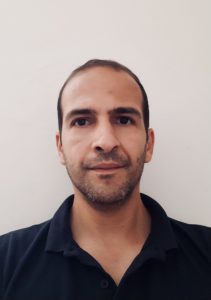
Paulo Faustino. “Jihadist terrorism in the United Kingdom and France: The constitution of a threat and its implications for the State and citizenship”
- VER

Gustavo Encarnação. “Oil geopolitcs, regulation and development: global relations of accumulation and the case of Venezuela”
- VER

Catarina Lima Silva. “Euro-Regions and Sustainable Development”
- VER
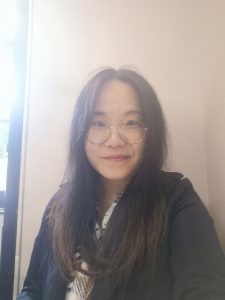
Hou Xiaoying. “Towards Discursive Power: Discourse Interaction on the Belt and Road Initiative (BRI) between China and the Portuguese-Speaking Countries”
- VER

Juliana Graffunder. “Gender Mainstreaming in the Military: Institutional Dissemination in the Military Component of the United Nations Peace Missions”
- VER

Susana Borges. “Security Under Uncertainty – Exploring Emancipatory Alternatives to Modernity’s Protectionist Trap”
- VER
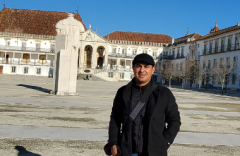
Alex Neves. “Demystifying securitization and security at South America’s borders: an analysis of Brazil’s policies and their deployments in the twin cities”
- VER
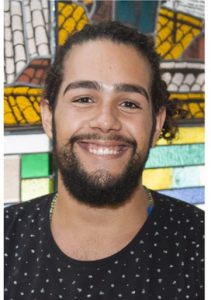
Vítor de Souza Costa. “Political economy of neoextractivist development: territory, violence and criminalization in Belo Monte’s case”
- VER
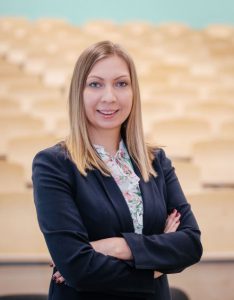
Liudmila Veselova. “Formation and development of the middle class in China”
- VER
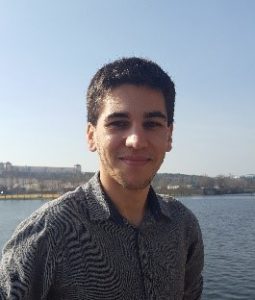
Fábio Reis. “The Role of Environmental Peacebuilding in the Creation of a Sustainable Peace in Post-Conflict Contexts”
- VER

Federica Psaila. “We, the borders. On the complex relationship between ‘borders’ representations and the affective dimension of citizenship”
- VER
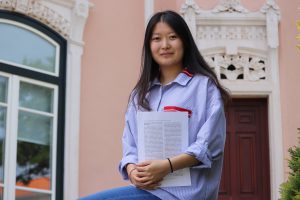
Xuheng Wang. Abstract about the role of Macao within the relations between China and the Portuguese-speaking countries.
- VER
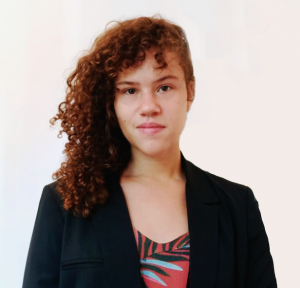
Julia Bustamante Silva. “Public debt, ownership, and power: a Political Economy Of Brazilian Public Debt from 1994 to 2021”
- VER
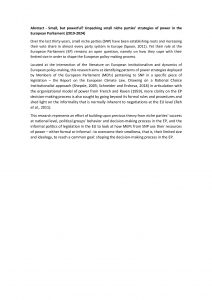
Andreia Aguiar Silva. “Small, but powerful? Unpacking small niche parties’ strategies of power in the European Parliament (2019-2024)”
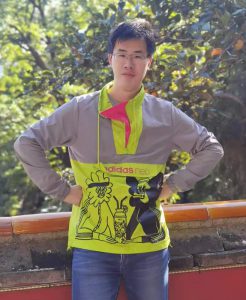
Yichen Zhong. “The expansion of EU agencies and EU External Border Management”

Ndidi Olibamoyo


